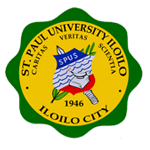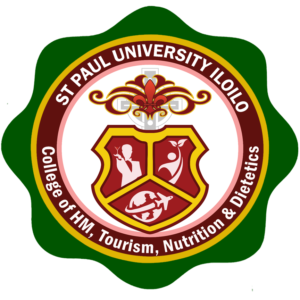
VISION
To be a model educational institution for hospitality and tourism with a reputation for quality which embodies the Paulinian culture and tradition.
MISSION
The college provides the students with knowledge and skills that give them edge in pursuing their chosen profession through:
1. solid foundation of life-long Christian learning;
2. an enhanced capacity for critical thinking and oral as well as written communication;
3. a practical preparation for future career; and
4. a solid appreciation for intellectual and ideal achievement.
COURSES OFFERED:
Program Description:
The programs related to the fields of hospitality and tourism education will equip students with competencies that are needed to execute operational tasks and management functions in food production (culinary), accommodation, food and beverage service, tourism planning and product development, events planning, transportation services, travel and tour operations and other emerging sectors of hospitality and tourism industry.
Program Outcomes:
Common to Tourism and Hospitality DisciplinesA graduate of BS Hospitality Management should be able to but not limited to:
Program Description:
The programs related to the fields of hospitality and tourism education will equip students with competencies that are needed to execute operational tasks and management functions in food production (culinary), accommodation, food and beverage service, tourism planning and product development, events planning, transportation services, travel and tour operations and other emerging sectors of hospitality and tourism industry.
Program Outcomes:
Common to Tourism and Hospitality DisciplinesA graduate of BS Tourism Management should be able to but not limited to:
Program Description:
The Bachelor of Science in Nutrition and Dietetics is a four-year program consisting of general education and professional courses. The first and second semesters of the fourth year is devoted to field practice in hospital dietetics, foodservice, and community nutrition/public health nutrition.
Program Outcomes:
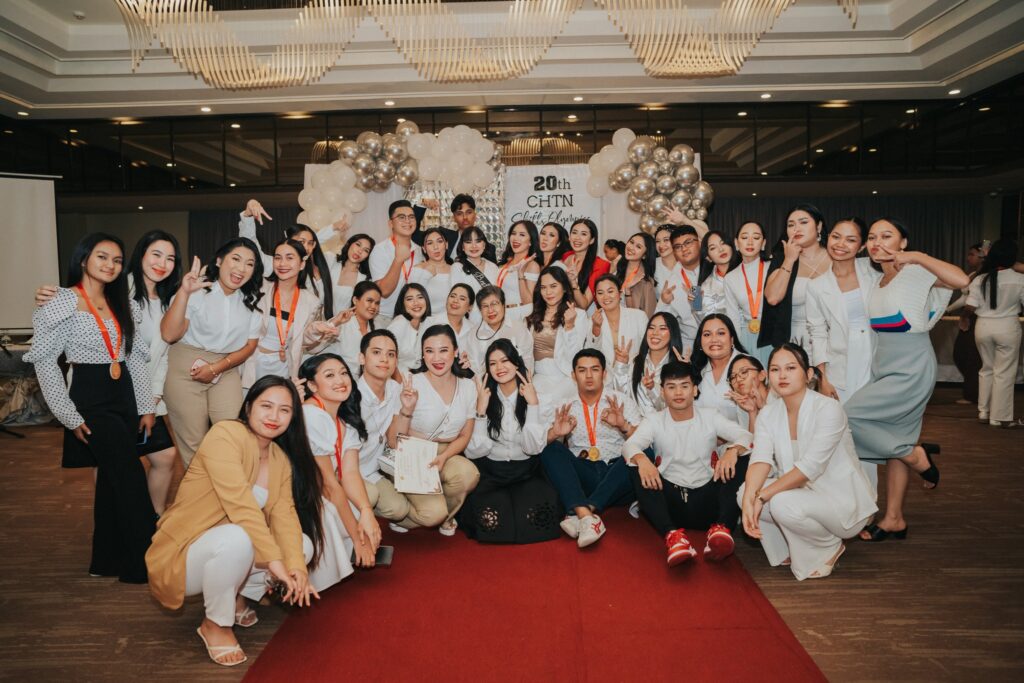

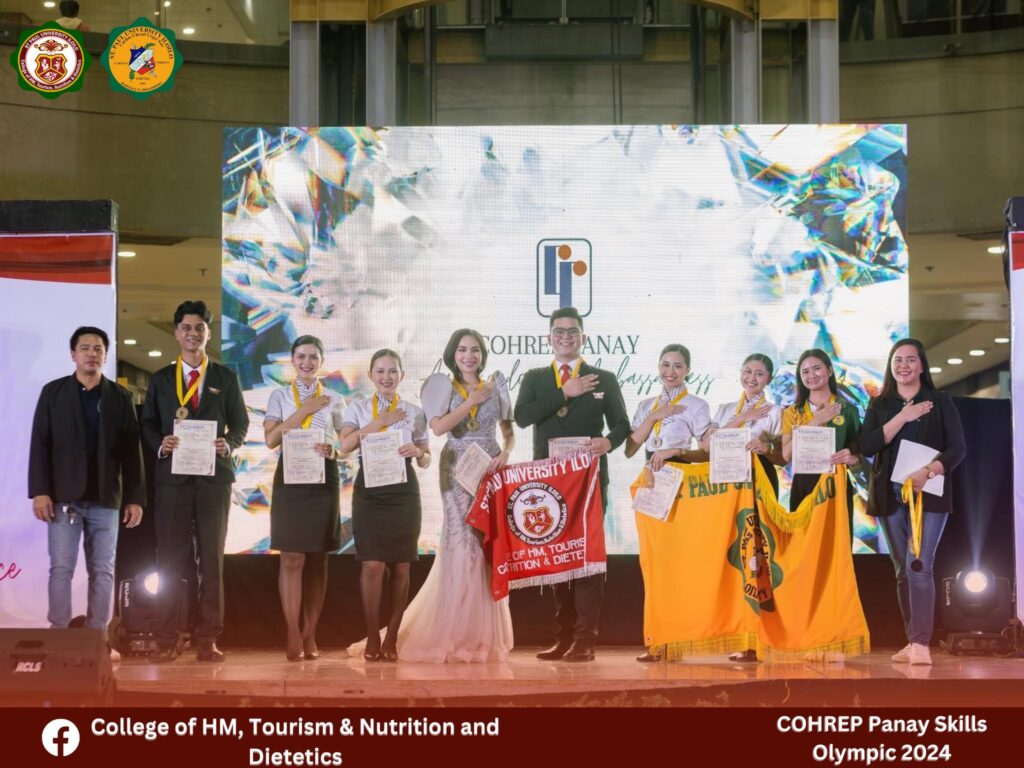
Over-all Champion COHREP 2024 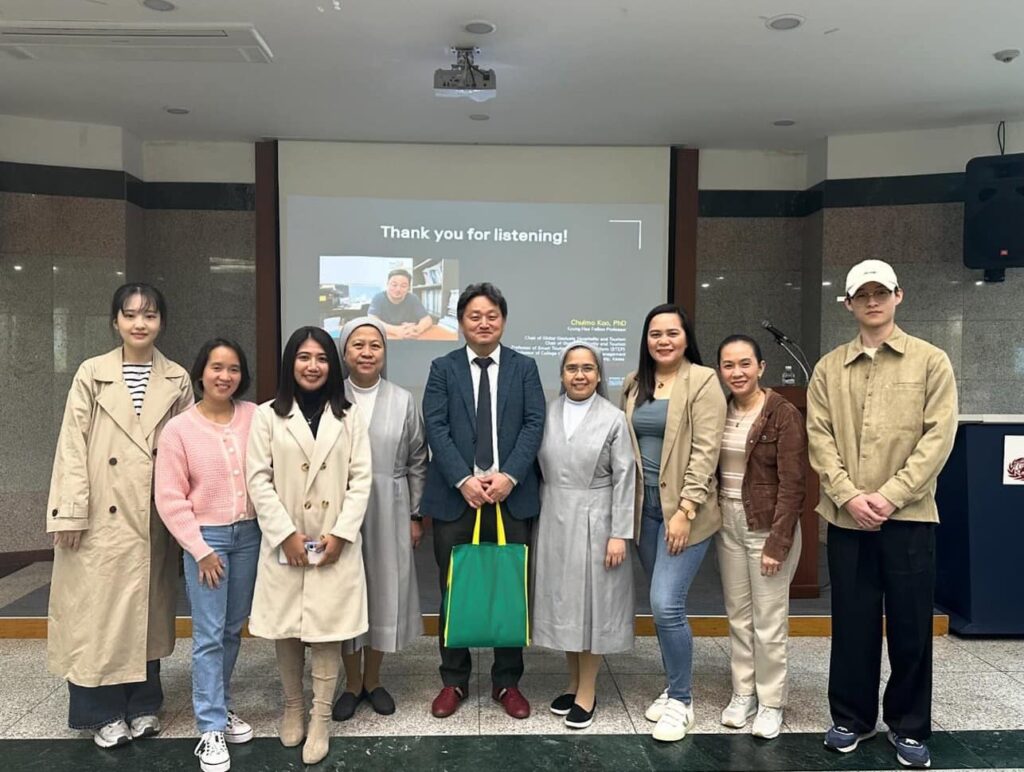
South Korea Edu Tour 2024 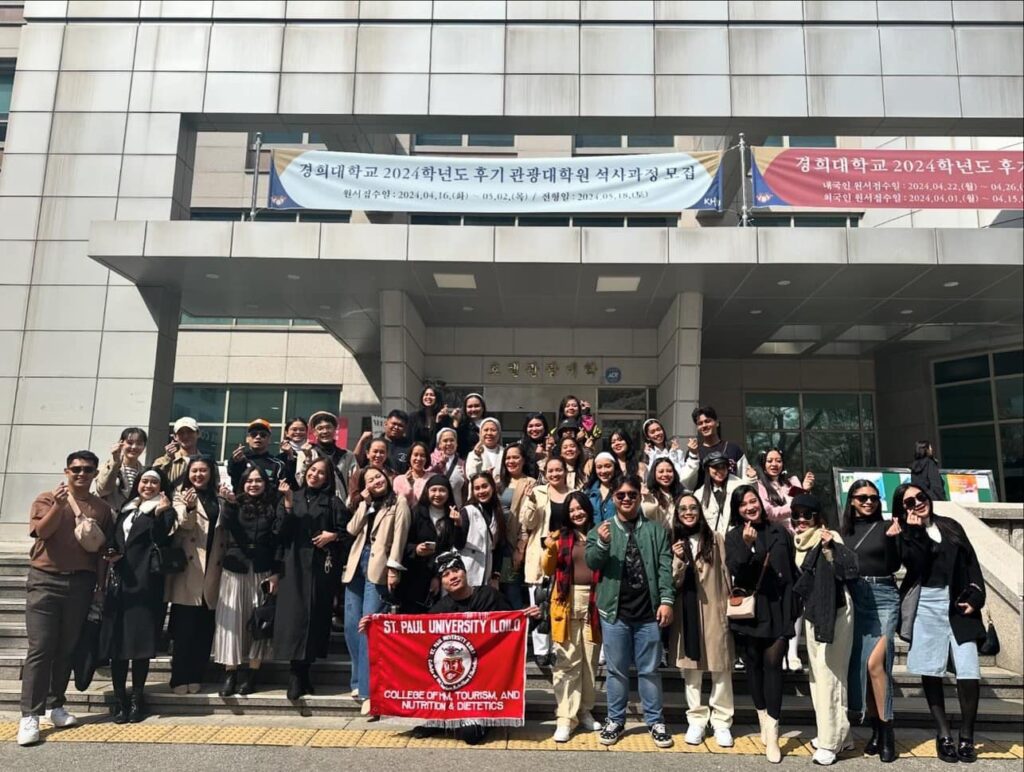
South Korea Edu Tour 2024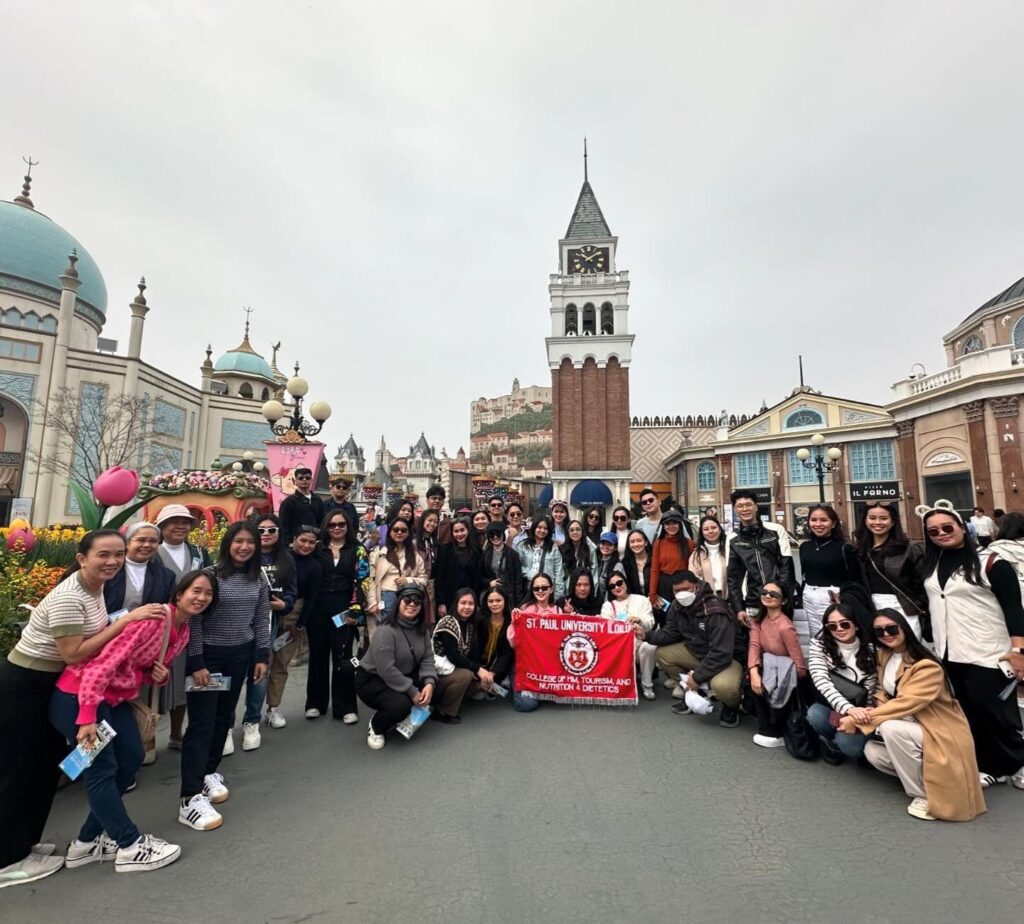
South Korea Edu Tour 2024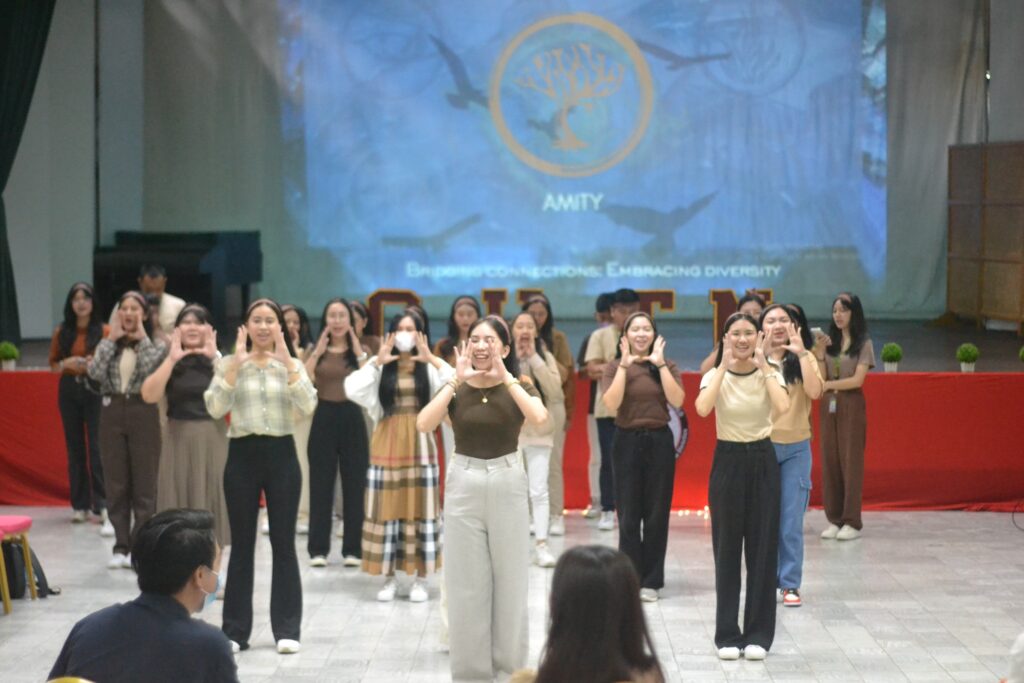
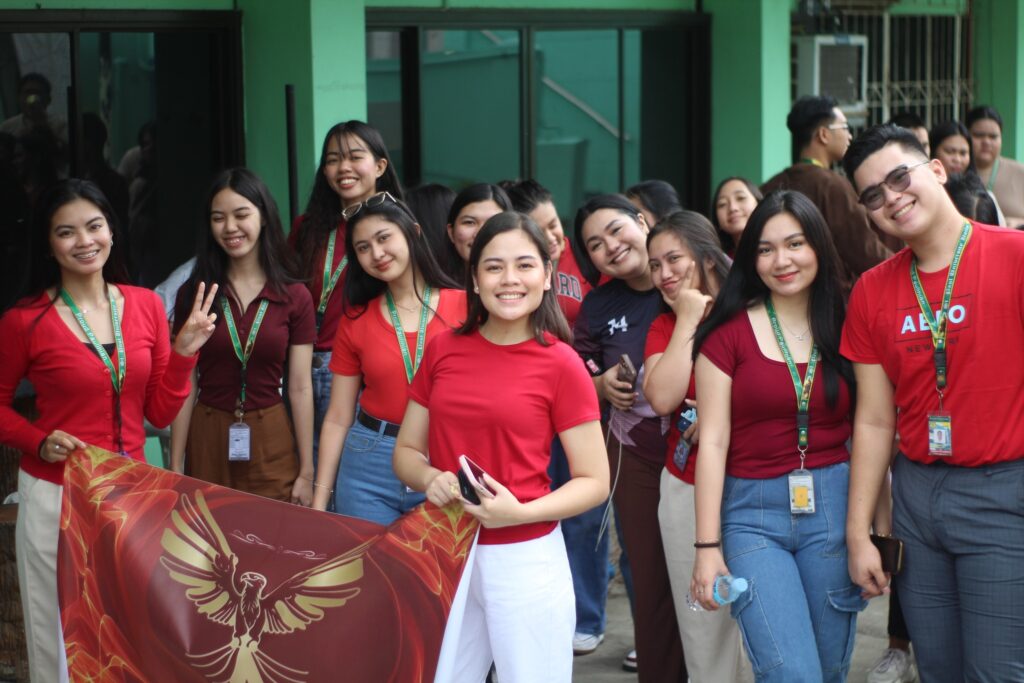
CHTN Skills Olympics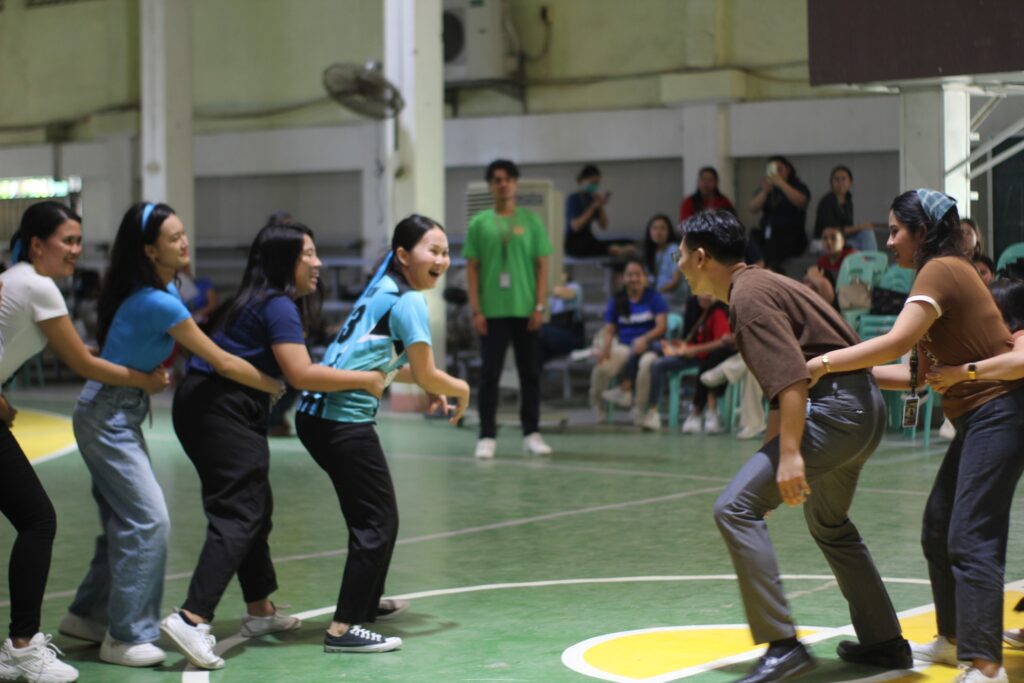
CHTN Skills Olympics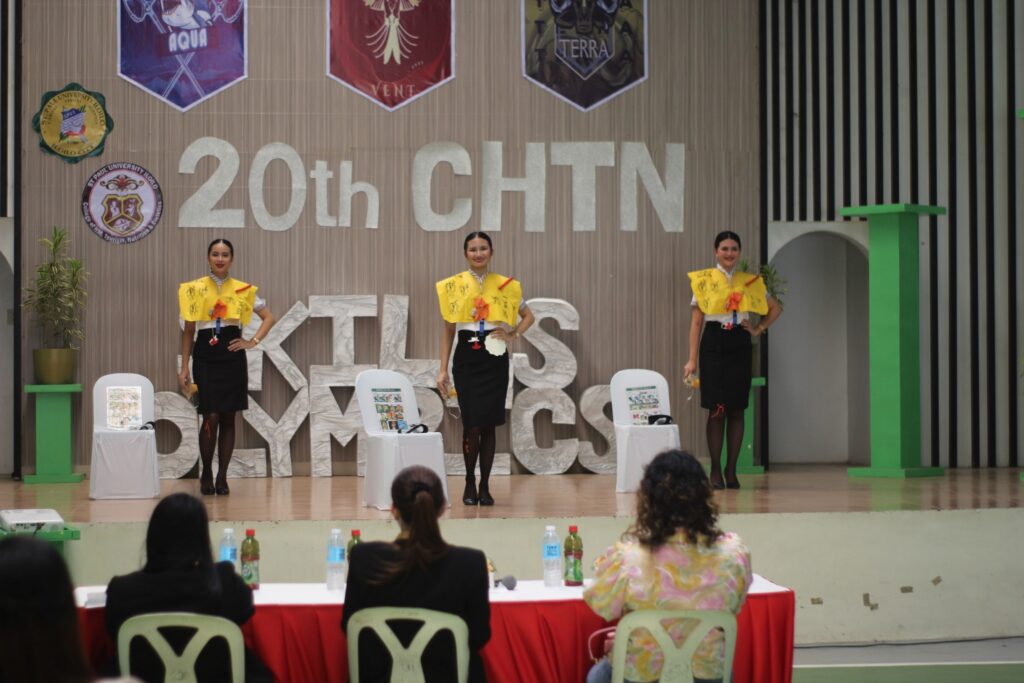
CHTN Skills Olympics
Contact Information:
Dr. Elsie B. Tedoco
Dean, College of Hospitality, Tourism & Nutrition and Dietetics
St. Paul University Iloilo
Tel. No.: (033) 336-9289/338-1044 loc. 1135
Email: chtn@spuiloilo.edu.ph
